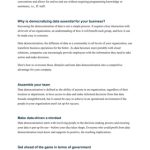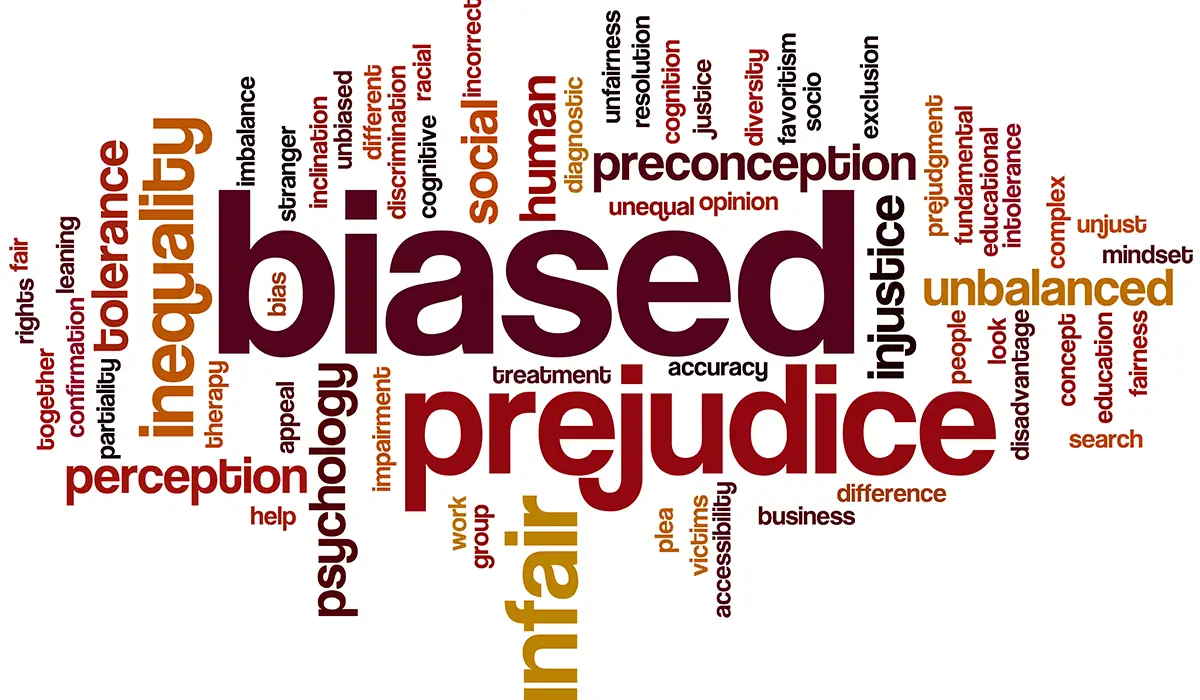Feedback Frenzy: How Notion Can Improve Communication and Collaboration

Roadblocks: Siloed Feedback Loops

Effective collaboration relies on seamless communication and feedback mechanisms. However, many organizations face challenges in this area due to siloed feedback loops. Teams often provide feedback within their respective channels or tools, making it difficult for others to contribute or access the exchange. This disjointed approach leads to:

- Limited visibility and awareness of project updates and feedback.
- Duplicated or conflicting comments from team members who are not fully informed of the feedback loop.
- Difficulty in compiling and synthesizing feedback for decision-making.
Notion to the Rescue: Centralized Feedback Hub
Notion offers a solution to these roadblocks by providing a centralized platform where teams can capture, share, and track feedback. By leveraging the versatility of Notion, organizations can create a dedicated workspace or database specifically designed for feedback management. This approach ensures:
- Easy access to feedback from all stakeholders, fostering transparency and information sharing.
- Real-time updates and notifications keep team members informed and engaged in the feedback loop.
- Customizable dashboards and reporting capabilities allow leaders to monitor progress and identify improvement areas.
Boosting Communication and Collaboration
With the establishment of a centralized feedback hub in Notion, teams can significantly enhance communication and collaboration:
-
Efficient Issue Tracking: Notion’s databases enable teams to track issues, suggestions, and feedback systematically. Tasks can be assigned, priorities set, and progress monitored, fostering accountability and timely resolution.
-
Structured Discussions: Page comments and threaded conversations allow for structured discussions around feedback. Team members can provide detailed responses, ask clarifying questions, and collaborate on ideas in a clear and organized manner.
-
Version Control: Notion’s version history ensures that feedback remains accessible and trackable over time. Teams can revert to previous versions, review past discussions, and make informed comparisons.
-
Enhanced Transparency: Centralizing feedback in Notion promotes transparency and accountability. All feedback is visible to the team, eliminating the risk of isolated or undocumented viewpoints.
Conclusion: An Empowered Feedback Culture
By leveraging the versatility and customization capabilities of Notion, organizations can transform their feedback processes into a collaborative and efficient exchange. This centralized approach fosters open communication, facilitates effective collaboration, and ultimately empowers teams to make informed decisions that drive continuous improvement and success.











